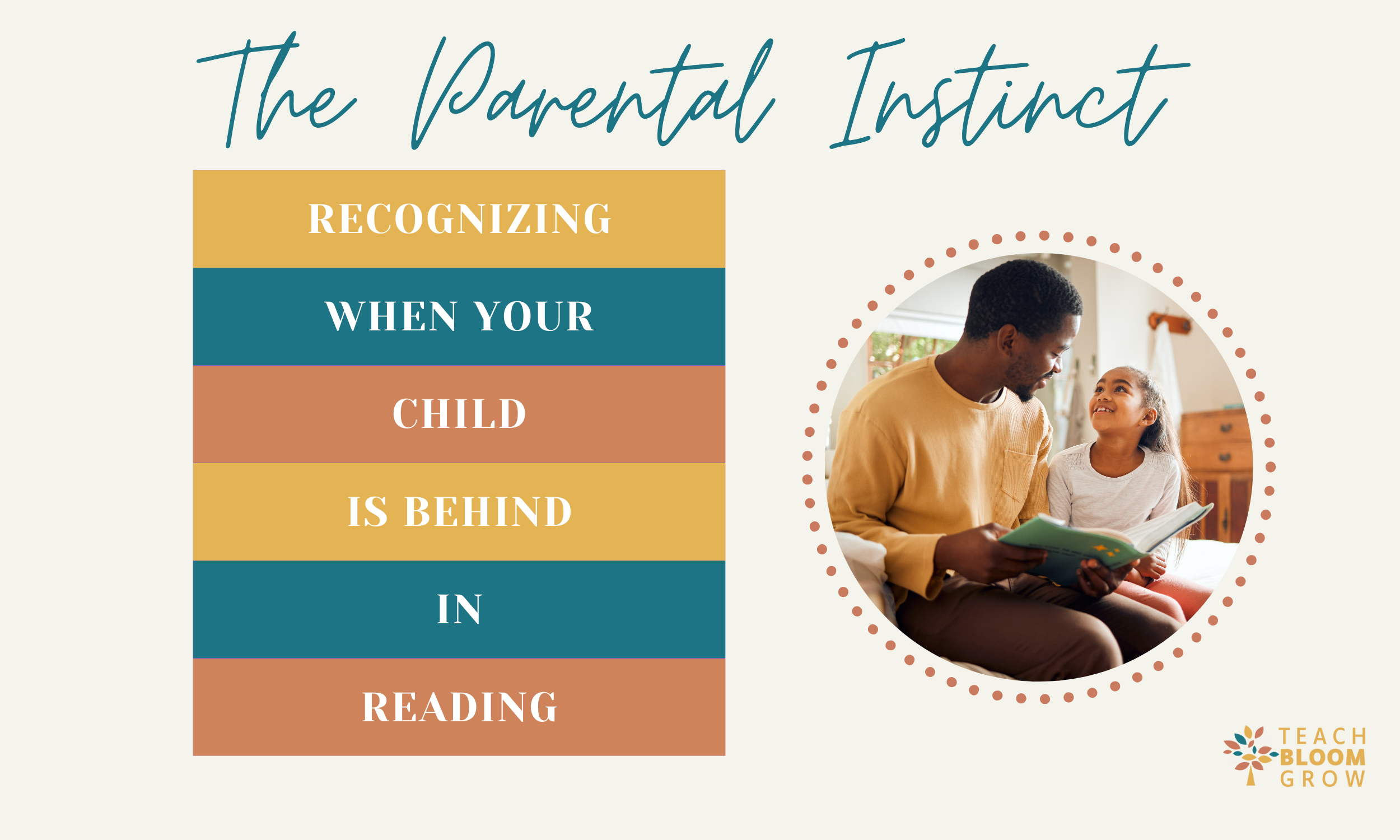Why Teachers Are Leaving Teaching and How Parents Can Help
It’s no secret that teachers across the country are leaving the teaching profession in record numbers. Burnout, overwhelming workloads, and challenging work environments have made it harder than ever for educators to remain in the classroom. This usually isn’t because they’ve lost their passion, it’s because the conditions make it nearly impossible to keep going.
The reality is, many teachers are often working without the resources or supports they need. Behaviors and classroom needs are more complex than ever. Not to mention that there is constant pressure to create fresh, engaging lesson materials. Teaching also has become a profession that relies heavily on unpaid work. Teachers are expected to design lessons, mark assignments, attend after-school meetings, and coach sports teams often at the expense of their health and personal lives. In almost no other job would these extra demands be considered a given, let alone uncompensated.
With these mounting pressures, teachers are sacrificing their well-being, and eventually finding the work unsustainable. This is why many teachers are leaving teaching. This really is a systemic issue that will require major change to resolve. This is particularly apparent in Special Education, where both students and teachers urgently need more support. While large-scale reform is essential, there are also ways parents can make a meaningful difference right now. The loss of experienced teachers affects students, schools, and communities alike, and we all can have a role in preventing it.
A Helpful Reading Resource
Before diving deeper, I want to share a free resource for families looking to support reading at home. This differentiated reading passage, designed for 4th and 5th graders, includes comprehension questions, answers, and a graphic organizer. It’s especially helpful for students with dyslexia and works well for building comprehension skills. You can grab it for free and put it to use right away.
My Story
I know what it’s like to love teaching and still understand firsthand why teachers are leaving teaching. Years ago, I left my high school position when the constant daily chaos began taking a serious toll on my health. The noise was relentless. Students yelling, kids screaming in the hallways, and over time, the stress became so intense it made me physically ill. Every day, I gave my best to my students, but I was running on empty. Sadly, this is the reality for many educators today. They are doing everything they can for their students while carrying an invisible weight that grows heavier each day.
How Parents Can Make a Difference
While parents certainly can’t control every factor that contributes to why teachers are leaving teaching, they can be a powerful source of support. First of all, simply showing appreciation can make a huge difference. Through kind notes, a heartfelt thank-you, or speaking up in support of teachers, small acts of kindness can go a long way.
In addition, respecting teachers’ time and recognizing that they cannot be available around the clock. Their time outside of the classroom is their own, and helps preserve their emotional bandwidth. For example, if you send an email to your child’s teacher, recognize that you may not get a reply immediately. Many teachers do not check their email outside of school; which I fully support! In addition, many teachers cannot be on their computers while they are teaching their students, unlike someone with an office job. Therefore, you may not receive a reply until students have gone home for the day.
And perhaps most importantly, helping by encouraging your children to be respectful, kind, and resilient classmates sets. This really sets the tone for a healthier classroom environment.
Conversations to Have at Home
One of the most impactful things you as a parent can do for teachers is to have a conversation with your children about your expectations of them in a classroom. The start of a new school year is the perfect time for families to talk about what it means to be a good classmate and a positive member of the school community.
These conversations might include how to treat teachers and peers with kindness. The importance of following classroom routines, and finding ways to be a problem-solver rather than a problem-creator. When these values are nurtured at home, they certainly show up in the classroom in meaningful ways. These small things can make a huge difference for a teacher thinking of leaving teaching.
Building a Thriving Classroom Culture Together
Parents and teachers ultimately want the same thing: for children to succeed and grow into capable, caring people. When both work together, classrooms become places where everyone can thrive.
While big changes are necessary to address why so many teachers are leaving teaching, we can’t overlook the power of small, consistent actions in the meantime. Acts of understanding, compassion, and genuine partnership between parents and teachers can create a ripple effect that benefits everyone. Change may not happen overnight, but together, I really think that we can create an environment where educators are supported, students are engaged, and school communities flourish.
And don’t forget—if you’d like my free reading passage for building comprehension, you can click here to have it sent straight to your inbox! It’s a small but powerful tool to help your child at home and support their learning in the classroom.



